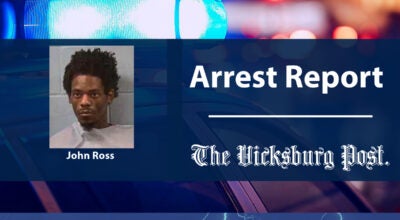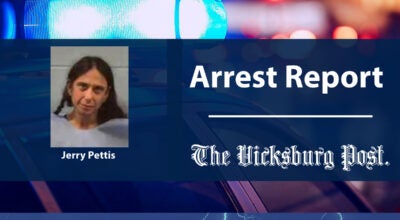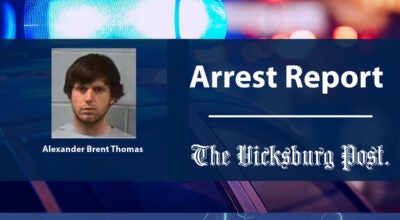50 years after visit, church recalls MLK in Vicksburg
Published 12:00 am Sunday, July 20, 2014
A half century ago this week as Mississippians were still reeling from the murders of three civil rights workers in Neshoba County and a new beginning with the passage of the Civil Rights Act, Dr. Martin Luther King Jr. took to the pulpit of a Vicksburg church.
King visited Pleasant Green Baptist Church on Thursday, July 23, 1964.
“There’s a lot of stories that go around about it, but he was encouraging blacks and other people to vote,” said Robert Shields, Pleasant Green Baptist’s historian. ”The Civil Rights Act had just been passed, and the Voting Rights Act was just a couple months before that.”
At 2:30 p.m. today, the church at 817 Bowman St. will host a special program in remembrance of the 50th anniversary of King’s visit. Mayor George Flaggs Jr. is the speaker.
“It was a very encouraging speech. The church itself was packed. And every year we do something to commemorate his visit,” said Shields who was in attendance that night in 1964.
Everyday activities at the church also help honor King’s legacy.
“We have photos on display at the church now. We have a photo of Dr. King standing at the same podium we currently use,” said Martha Walker, one of the organizers for today’s commemoration.
King was already widely known because of his famous “Letter from Birmingham Jail” but he was still months away from international recognition for winning the Nobel Peace Prize in October 1964.
“He’s more recognizable now as more Americans, white and black, look back on the message he was trying to convey. You can see his dream,” said Ernest Walker, Martha Walker’s husband.
Ernest was 12 when King visited the church.
“It was something awesome. For those that were there, it shaped their lives forever. The people I know were there are still movers and shakers today,” he said.
King’s visit came less than a month after the grisly murders of James Chaney, Andrew Goodman and Michael Schwerner in Neshoba County.
The three had traveled to the eastern part of the state to investigate the burning of a church in Neshoba Countyabout a week before their murders June 21, 1964.
Forty-four days after their disappearance, the three civil rights workers’ bodies were discovered buried in an earthen dam near the murder site.





